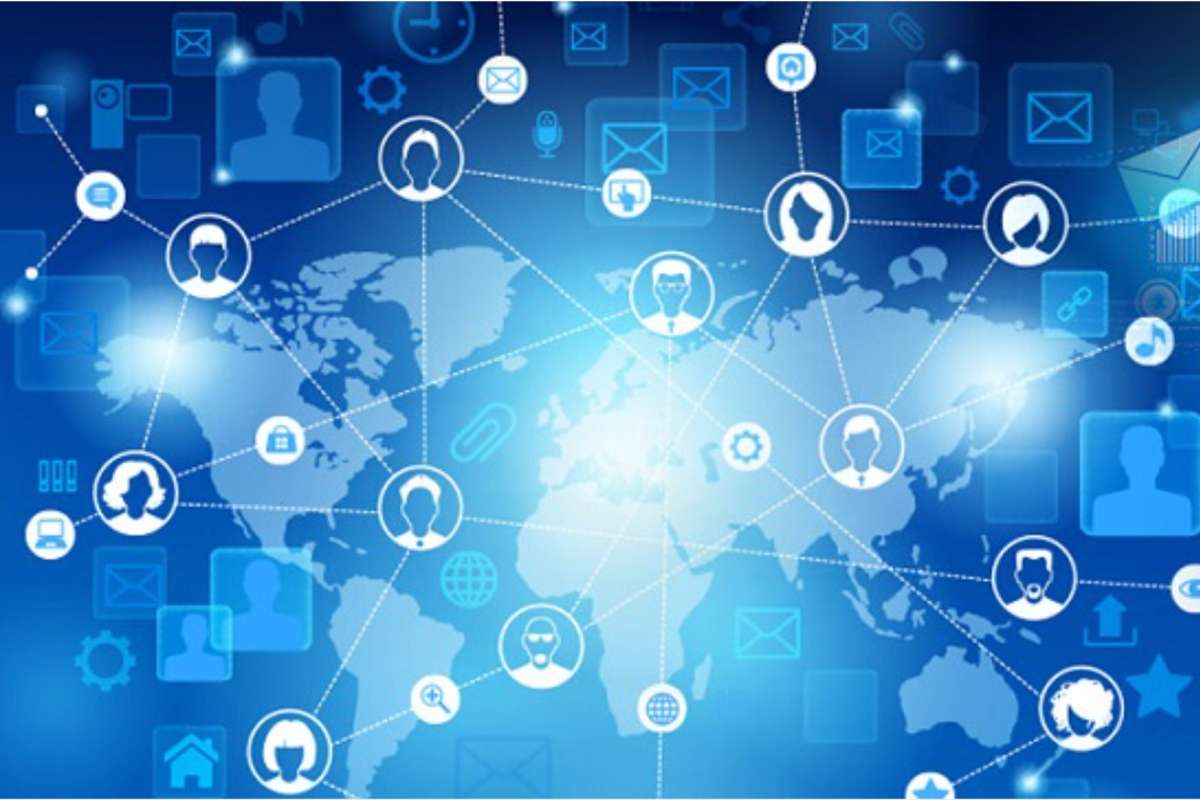Starting in January, ISPs must be able to identify and stop fraudulent behaviour, such as phishing attempts, on websites and block it if necessary. The Swiss government wants telcos to perform this type of work, which is typically done by antivirus software. ISPs will also be expected to keep teams on staff whose job it is to respond to allegations of network devices that have been compromised and thwart malicious efforts to take down infrastructure, servers, and services.
Additional Information on Enhancement of Cyber Security
The government gave its approval on Wednesday to a series of changes to the Ordinance on Telecommunications Services, including the new obligations. The proposed rules mandate that telcos take the necessary steps to safeguard 5G and other next-generation networks, as well as the services that rely on them. The government made no further mention of the potential form that these measures might take, simply that they must abide by the standards set forth by telecommunications regulator OFCOM. For instance, the reporting criterion was once 30,000 consumers but is now 10,000 customers. The National Emergency Operations Centre (NEOC), which organises the government’s response to both natural and man-made disasters, will be the place where telecoms must report incidents rather than OFCOM. Then, NEOC will let OFCOM know. Swiss Re, a major insurer, issued a warning last week, placing the protection gap at an unsettling 90%, saying that present cyber insurance premiums only cover a small portion of overall losses from cyberattacks. It essentially indicates that the victim could go out of business if a significant, successful cyberattack occurs. According to a survey from Swiss Re, yearly premiums for cyber insurance worldwide hit $10 billion in 2021 and are expected to reach $23 billion by 2025, thanks to telecoms. The same research included data from McAfee stating that $945 billion in financial damages would be attributable to cybercrime globally in 2020. Additionally, the survey by Nokia this week cautioned that the advent of 5G standalone (SA) would make them more vulnerable to security flaws. According to Nokia, the number of potential attack vectors would rise as a result of cloud-based networks and an increase in the number of connected devices.
